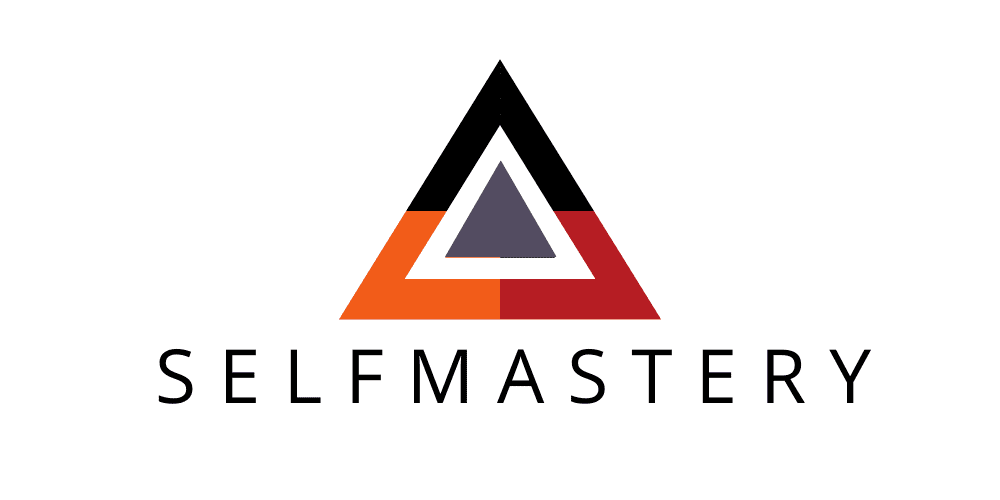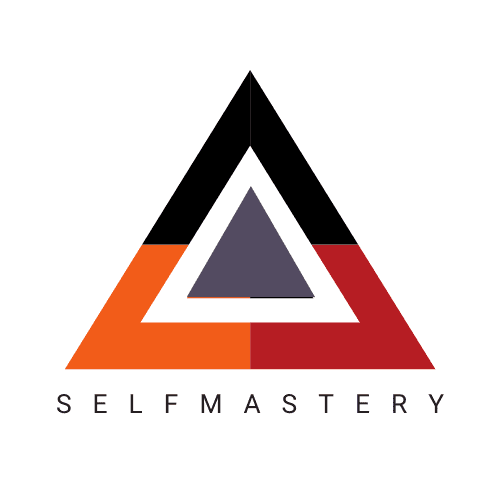
10 Jul Are you training your mindset?
Both of my athletes Francy and Henrick agree with me that mindset is important when it comes to athletic performance. This is unusual because they mostly think I am full of shit. Truth is most people know that what you think greatly determines how you perform at a given task. This is very intuitive and obvious on a superficial level. We all know that if you think you suck at running, well guess what? You are going to suck at running. What is really hard for most people is to flip it around and use this idea to their benefit. But in fact, the base of all sports psychology is exactly this: if you want to be good at something you have to believe that you can actually be good at that thing.
Let me tell you a story that happened way before I was thinking about training people and teaching adults how to eat like adults. I used to be a math teacher at a college in Colombia. I loved teaching math and I was very good at it. In the second class I ever taught, I had a female student who was struggling pretty bad. We were talking about her situation and she told me that part of the problem was that math was harder for women. I was confused! SUPER FUCKING CONFUSED! My mother and my aunt were engineers who were awesome with numbers while my father was a tremendous manager but hated math. On the other hand, my sister used to fail math while I was very strong at it. Growing up I had never been taught or observed that there was a relationship between math ability and gender. For all I knew, there were people who were good at math and people who weren’t good at it. Penises and vaginas had nothing to do with it. I wish I could tell you I helped my student seeing how our cultural sexism replicates patterns of stupidity that benefit men and diminish women. Instead I went with full force to mansplain her how her belief was wrong. I told her I thought she was perfectly capable of learning calculus and all she needed was to understand was how integrals worked. It might have not been my best teaching moment, but it was all that student ever needed. Even if it was not done in the best way, I broke her belief that there was something fixed, something static in her that she could not change and that prevented her from learning.
Nowadays we know how to identify and deal with the problem my student had. Thanks to the work of Carol Dweck, we have a practical systematization of how to think about it. We know my student had a fixed mindset: a set of assumptions about her own capacity that prevented her from learning. In my non-super-conscious intervention I broke her assumptions and told her: hey you can do this! She moved from “I cannot do this,” to “I can do this with hard work.” In Dweck’s terms she went from a fixed mindset to a growth mindset, and with it from a C- to an A-. At her young age that meant the world. I met her years later at the University of Chicago where she was doing a Master’s degree in Public Policy. That’s a school notorious for its rigorous and numeric approach to policy. She told me she still solved integrals by hand just like I taught her. My soul smiled that day.
But this is not about integrals. This is about your training and your mindset, and if they are talking to one another. You see the main problem is that mindset is like everything else. It has to be trained and practiced. And it has to be properly understood. Let’s say you go out for your run tomorrow and think really hard, think with all your forces squeezing your brain like a maniac that you are going to run a mile under 5 minutes, no matter what you won’t. Mindset in fitness is not tricking yourself into changing reality. Mindset work in fitness is the process of applying a growth mindset to each training session. The main task is for you to create an environment in which a growth mindset is possible.
The first thing you need to figure out is how much of a fixed mindset you have around your fitness .For that I created this little quiz. Take it and see where you are. If you have a bad case of fixed mindset, we need to create some momentum–check our next section. If you are already in good shape, you can jump to your daily mindset routine!
Creating Momentum
You are not an idiot. You don’t need to be convinced of shit. You need proof. In order to create a growth mindset we need to provide you with a good example that this works. Your first task is to pick a skill that is not very advanced but that is outside your comfort zone. There should be some resistance in you but it still should be a doable skill. For me that would be learning to fake a fullyAmerican accent. I think I can but I have a lot of resistance in me, because of a narrative that I have about myself. Deep inside I think I am bad at languages despite speaking four. This is a big skill so I need to make it more manageable–a bit smaller. I could try to learn how to fake an American accent for just one short paragraph. I am going to memorize it and pronounce it like the most whitest gringo I can. I am confident I can do this, and it should not take me 2 months.
Now that I’ve picked the skill, I’ll set up a plan. I’ll find a program, or a friendly youtuber, and set up a 5 minute daily routine. Now that you have a plan commit to do it. Schedule your routine on your calendar otherwise it will never happen. Sounds like nothing but it is work! Yes, this is the non-sexy stuff that abs are made of (not really, this is just how you become a better human). Prove to yourself that with hard work you can achieve something outside your comfort zone. It is empowering and fundamental.
Applying Mindset Work to your Training Program
There are a plethora of ways on how to train your mindset, and depending on where you are and what you need we could design something more specific for you. However there are two techniques that benefit most: meditation and journaling. Meditation is the best practice we know to help people understand that thoughts are just thoughts not reality. In athletic performance, when you constantly face adversity, to be able to not follow your thoughts is more than a marginal gain. However, in my experience most people are not ready to apply meditation to their training routine without a lot of support and guidance. Journaling on the other hand is easier to adopt and the returns are big if you give it the attention it deserves. So let’s start there.
Remember: the purpose of mindset work for training is to foster a growth mindset. Your journaling practice is going to be targeted towards that. The principle is simple: before each workout have one or two clear objectives. They should be objectives whose outcome you can completely control. For example, running a mile under 5 minutes is an objective, but that is completely out of my control. On the other hand, focusing on shifting my weight forward like falling while I run is completely under my control and it will help me actually run better! Cool! Now that your objective is set, here comes the second part of journaling. You will have to take a moment after your workout to write down what happened with that objective. What was awesome? What got in the way? When I first started this practice most of the time my awesome was: I wrote down my objective and remembered to do it once or twice during the workout. After a while it became much more powerful than that. Let it be simple at the beginning, and let it grow.
Journaling works because it puts the focus of your training practice into the things you can control that will move the needle. It focuses you on finding ways to improve, instead of on ways you suck or are stuck or are bad. It moves you from fixed to growth, on a single daily dose. It is also so fulfilling to check all your notes and see how much you can learn from all that sweat. If you want to see it from another angle journaling is the way we track our thoughts. And if we know something in fitness and nutrition it’s that tracking is the first step to change.
Journaling and meditation are the basic techniques, but they are not the only ones. If you’ve already mastered these it might be time to move forward, but if you haven’t yet, start here. Get very good at observing your thoughts, just like you observe your movement or your performance. Go beyond writing down numbers, ask more from your mind and your body will reflect it!
GROW!


